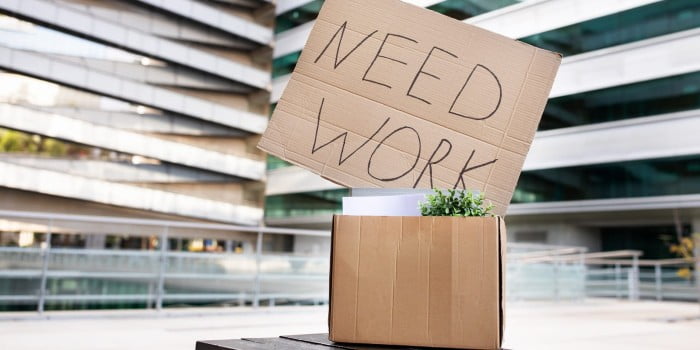Royal Bank of Scotland Chairman Sir Howard Davies has said that the remodelled loan fund operated by the banks will have an ‘immediate impact’ on struggling firms hit by the coronavirus lockdown.
Sir Howard admitted that there had been problems but expects to see a ‘sharp increase’ in lending to SMEs in the coming days. Chancellor Rishi Sunak revamped the scheme on Thursday amid claims that banks were taking advantage of the crisis to boost profits. The Government had pledged to guarantee £330bn of loans yet only £145m has been lent so far.
Small firms say they have been forced to meet complex eligibility criteria for the goverment-backed loans, which are being issued by high street banks and other lenders. They have also complained that they face interest rate charges of up to 30pc and are being asked to make what they regard as unreasonable personal guarantees.
Very few firms feel willing or able to take out loans that afford an 80pc government guarantee to the lender but not the borrower. Now, according to new rules announced by the Treasury, business owners seeking to borrow less than £250,000 will no longer have to offer personal guarantees.
Importantly, the requirement for companies first of all to have tried and failed to obtain a standard commercial loan elsewhere will be abolished. That said, they are still loans, and businesses wishing to take them out will be 100pc liable for the debt. And the Government has not capped the interest rates banks can charge although they can borrow at close to 0pc.
Even though the loans may be available to more firms now, it is doubtful whether SMEs will want to take advantage of them.
Disparity between actual and published loans
However, in a dramatic turn of events, bankers hit back at the administrator of the emergency small business loan scheme after its data suggested that most of the country’s largest lenders have failed to participate.
According to a report from the government-owned British Business Bank (BBB), HSBC is apparently the only major lender to have made money available through the Coronavirus Business Interruption Loan Scheme (CBILS), set up last week to keep struggling small businesses afloat during lockdown.
The BBB did not report any loans made by Barclays, Santander, Lloyds or Natwest owner RBS, though spokespersons for the banks insisted they have made loans through the programme. Amid a growing backlash at high street banks for being too slow to help, one lender is reported to be in talks with the BBB as to how data is collected and presented.
According to the BBB’s figures, only £91m of ultra-cheap credit has been given to small businesses under the scheme so far, and out of 130,000 expressions of interest, fewer than 1,000 firms have benefited.
Banks have been accused of dragging their feet and compelling companies to take out loans with higher rates of interest, leaving firms in danger of running out of cash and endangering the future of the British economy. MPs and business leaders are now demanding weekly updates on the amount lent to SMEs.
Heated exchanges between banks and government
One banking executive thought the disparity between actual and published loans was due to a time lag between the two, making it appear that fewer banks had been involved, and admitted that operations will have to become far more efficient.
Craig Beaumont, of the Federation of Small Businesses (FSB), pointed out that there was no reason not to publish the data as it is the only way to regain confidence in the banking system, prevent businesses from going under and salvage the banks’ already tattered reputations. The kind of experience suffered so far by SMEs, he added, has to improve.
Banking sources allege the industry is furious with the Government after Business Secretary Alok Sharma took aim at high street lenders last week. Mr Sharma said it was time for banks to ‘repay the favour’ after the taxpayer stepped in during the financial crisis in 2008.
Bank bosses are angry that the Chancellor announced the £300bn package without clarifying publicly that banks could offer the state-backed interest-free loans only if they were unable to lend to business customers on normal terms.
Further bad news emerged last week when a memo from credit reference firm Experian, circulated among bank bosses, showed that half of the UK’s 5.8 million SMEs face running out of cash within two months without emergency financing.






